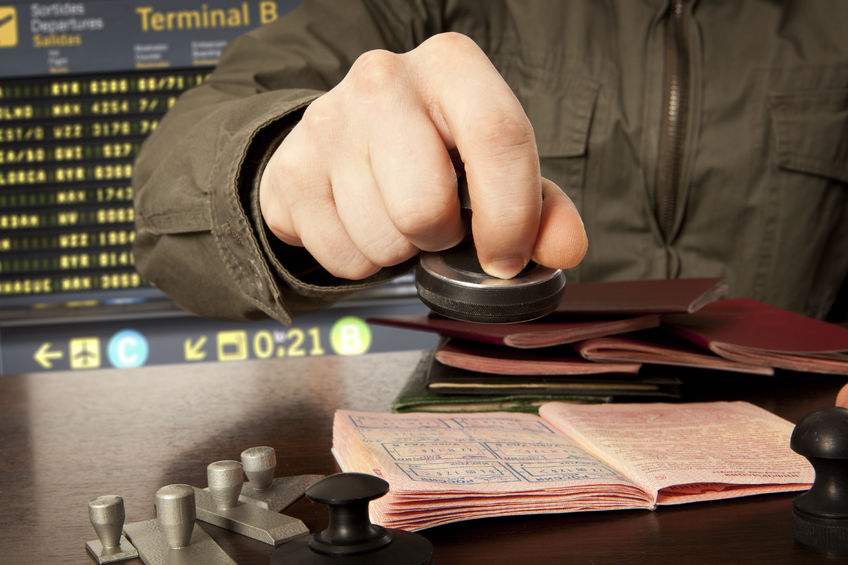News and notes from around the interweb:
- With the deferral of their Boeing 737 MAX order Virgin Australia is putting off the debut of their new transcon business class product

- Hainan Airlines reported a loss of over $750 million for 2018 and who knows what the real numbers are.
- Troubled Star Alliance carrier Asiana is asking 2000 – 3000 employees to take unpaid leave
- The most kid-friendly airports

- US searches of phones and laptops at the border is rising and it isn’t just being done for traditional immigration and customs reasons.

Copyright: andreyuu / 123RF Stock Photo - What a strange world we live in when Emirates will codeshare with LATAM, which is part-owned by Qatar Airways, despite the UAE’s ongoing blockade of Qatar itself.
- United’s not the only one that loses dogs.
Dalton says she arrived in Raleigh around 7:00 last night. She waited an hour for her dog. She says employees then told her they didn't know where Beast was. After hours of calling other airports, they found out he was in Philly. pic.twitter.com/KdnHFNkJQp
— Cynthia Beasley (@CynthiaABC13) May 1, 2019


Have any US citizens refused phone/laptop search, and what was the result of the refusal?
What about non-citizen, legal permanent residents? What are the consequences of refusing to permit a search without a warrant?
This has been kinda covered on Eugene Volokh’s blog. From what I recall, searches incident to border crossings, including electronics, generally don’t require a warrant, and you can’t really refuse them. However, speech isn’t compelled: you can’t be forced to type in a password to open a phone or laptop. The law surrounding fingerprint or face unlocks is less clear, but these may not enjoy first amendment protections in the way that divulging a password does.